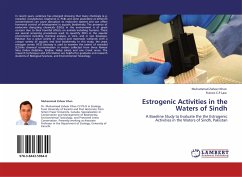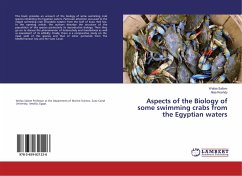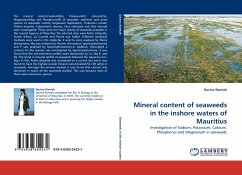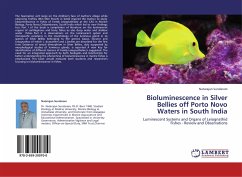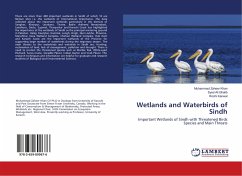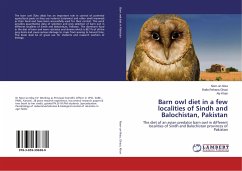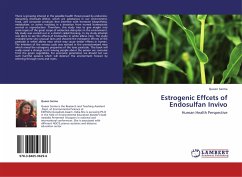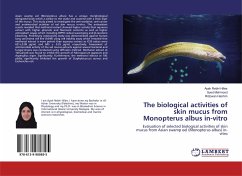In recent years, evidence has emerged showing that many chemicals (e.g. estradiol, nonylphenol, bisphenol A, PCBs and some pesticides) at different concentrations can cause disruption to endocrine systems and can affect hormonal control of development in aquatic biodiversity. The presence of endocrine disrupting chemicals (EDCs) in the environment is of great concern due to their harmful effects on animals including humans. There are several screening procedures used to quantify EDCs in the aquatic environment including chemical analysis, in vitro, and in vivo bioassays. Pakistan has a great variety of natural and manmade wetlands with a unique variety of aquatic and bird biodiversity. In this study, the yeast estrogen screen (YES) bioassay is used to examine the extent of estradiol (E2)-like chemical contamination in waters collected from three Ramsar Sites (Indus Dolphine, Kinjhar, Haleji Lakes) and one Creek areas. The research techniques and information are helpful for graduate and research students of Biological Sciences, and Environmental Toxicology.
Bitte wählen Sie Ihr Anliegen aus.
Rechnungen
Retourenschein anfordern
Bestellstatus
Storno

